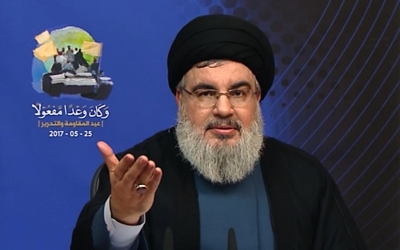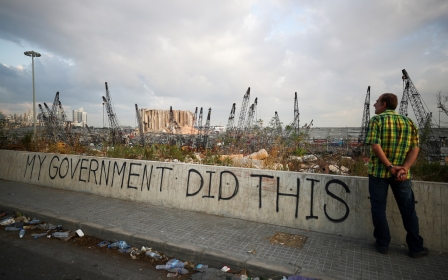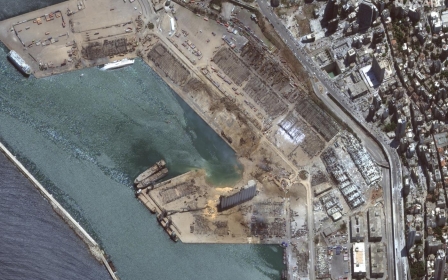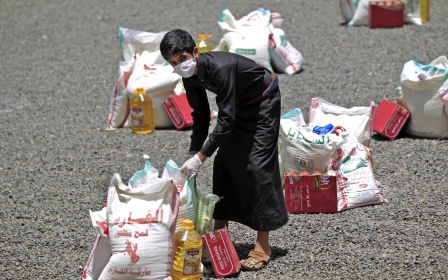US preparing sanctions against Hezbollah's allies in Lebanon: Report
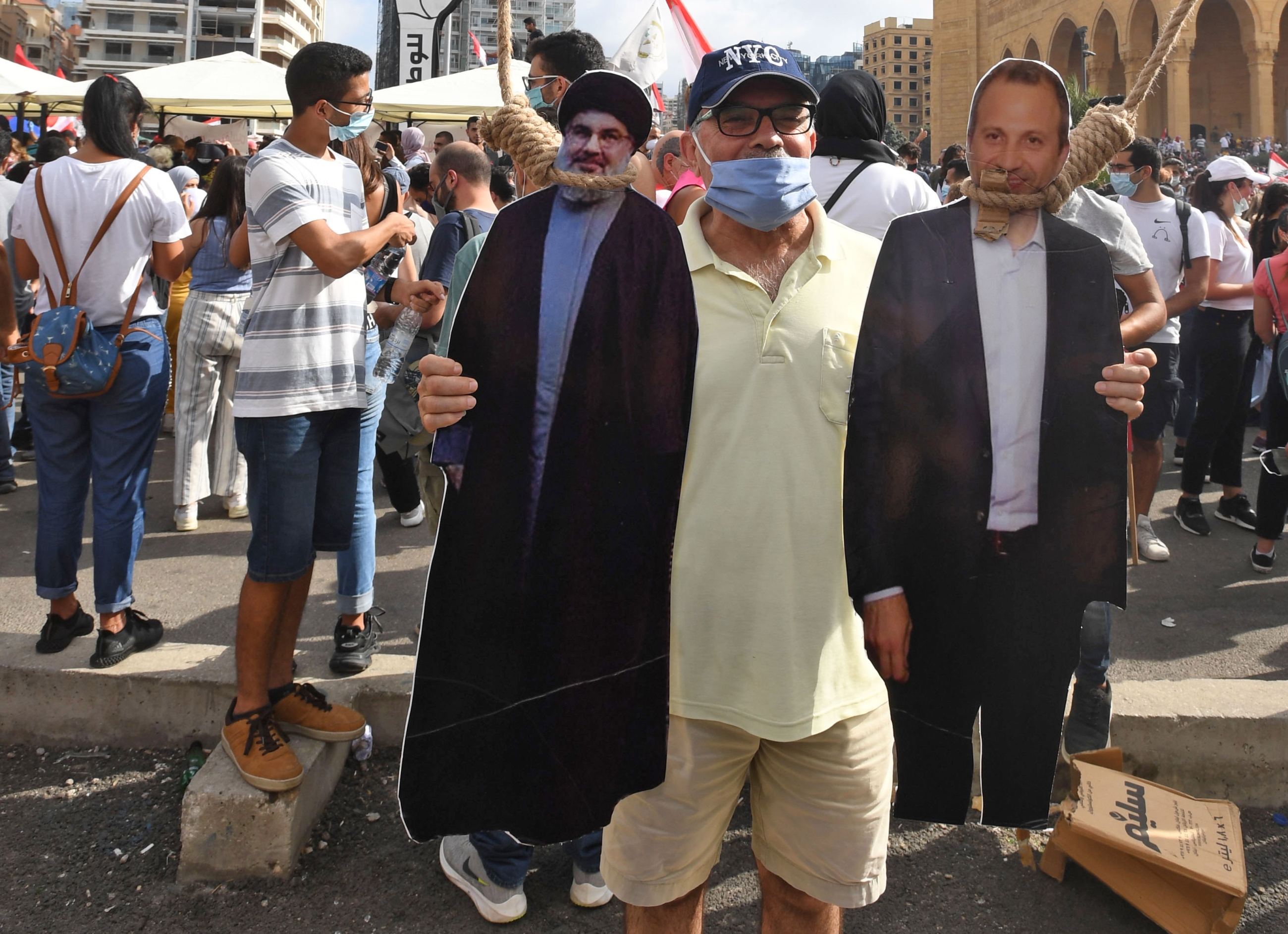
The United States government is preparing to impose anti-corruption sanctions against prominent Lebanese politicians and business figures in an attempt to weaken Hezbollah's influence in the country, the Wall Street Journal reported.
Since last week's explosion at Beirut port killed at least 200 people and injured thousands more, Washington has accelerated efforts to blacklist Lebanese leaders aligned with the Shia movement, the newspaper reported on Wednesday.
US officials see unrest in the country as an opportunity to drive a wedge between Hezbollah and its allies, said the paper, as Lebanon seeks billions of dollars in international aid to rebuild Beirut.
Lebanon has been rocked by protests in recent days, with thousands taking to the capital's rubble-strewn streets to vent their anger and frustation, demanding the overthrow of a system they say has lost all legitimacy.
On Monday, Prime Minister Hassan Diab and his government resigned, setting up a new tussle over who should lead the country.
"Some of us are hoping we can finally take advantage of the situation to shake things up among the political elites there," one US official told the Journal.
"It seems to me that concurrent local popular outrage and well-thought-out external pressure can force some big changes in how the elites do business politically, not to mention financially, with respect to Hezbollah."
Officials told the Journal that the sanctions would serve two goals: ensuring Hezbollah did not maintain its presence in Lebanese politics and making sure the political class tackled endemic corruption.
Targeting Gebran Bassil
According to the Journal, the sanctions would freeze any assets certain individuals might have in US jurisdictions, and would also halt their travel to the country.
The Trump administration is still working to determine which individuals should be targeted, with some internal debate over who would be the most likely to advance Washington's goals in Lebanon.
One key figure US officials want to sanction is Gebran Bassil, a former foreign minister and a son-in-law of Lebanon's president, Michel Aoun.
"Gebran Bassil should have been sanctioned years ago," Jeffrey Feltman, former US ambassador to Lebanon under President George W Bush, told the Journal.
'Some of us are hoping we can finally take advantage of the situation to shake things up among the political elites there'
- US official
"No one has done more to enable Hezbollah's political (over)reach in Lebanon that he has, in giving an Iranian-funded Shia militia Christian cover."
The US - the International Monetary Fund's most powerful shareholder - also plans to leverage billions of dollars in financing that Beirut needs to help support the economy.
Lebanon's economy has been slipping out of control since September. Since then, the currency has lost more than 80 percent of its value and prices for basic items such as food and shelter have increased by about 169 percent.
Still, the US tried a similar IMF bailout a decade ago to tackle corruption in Lebanon, and it had little success.
Last month, Trump extended a 13-year national emergency order because of the political situation in Lebanon, allowing the administration to levy sanctions to deal with Hezbollah's presence in the country, according to the White House.
Middle East Eye delivers independent and unrivalled coverage and analysis of the Middle East, North Africa and beyond. To learn more about republishing this content and the associated fees, please fill out this form. More about MEE can be found here.


